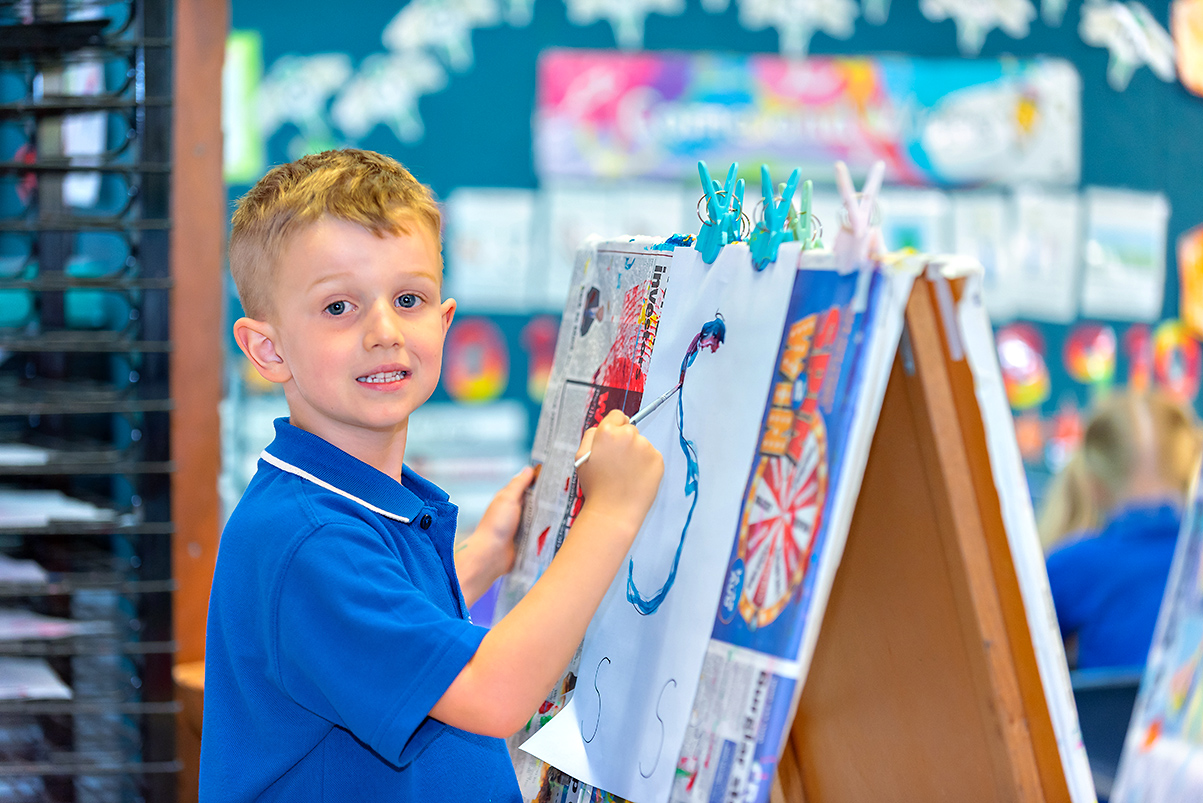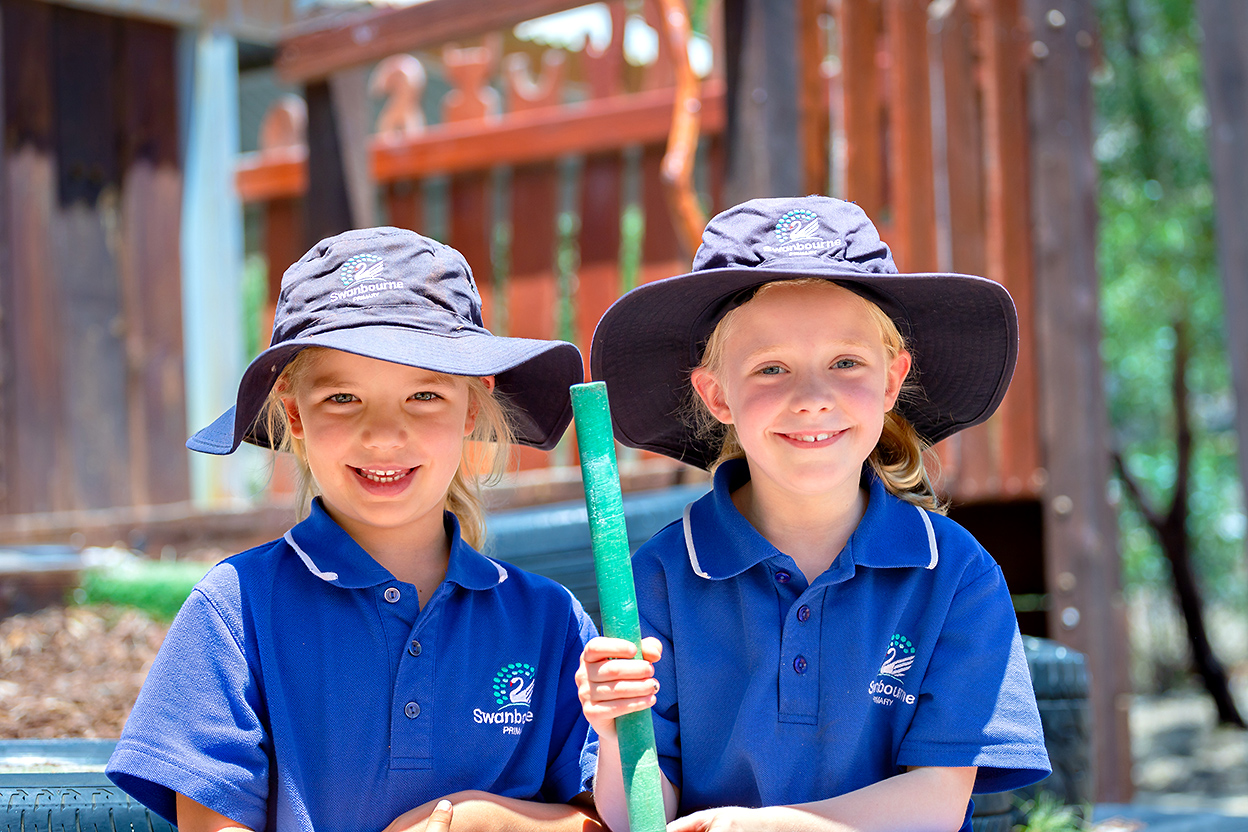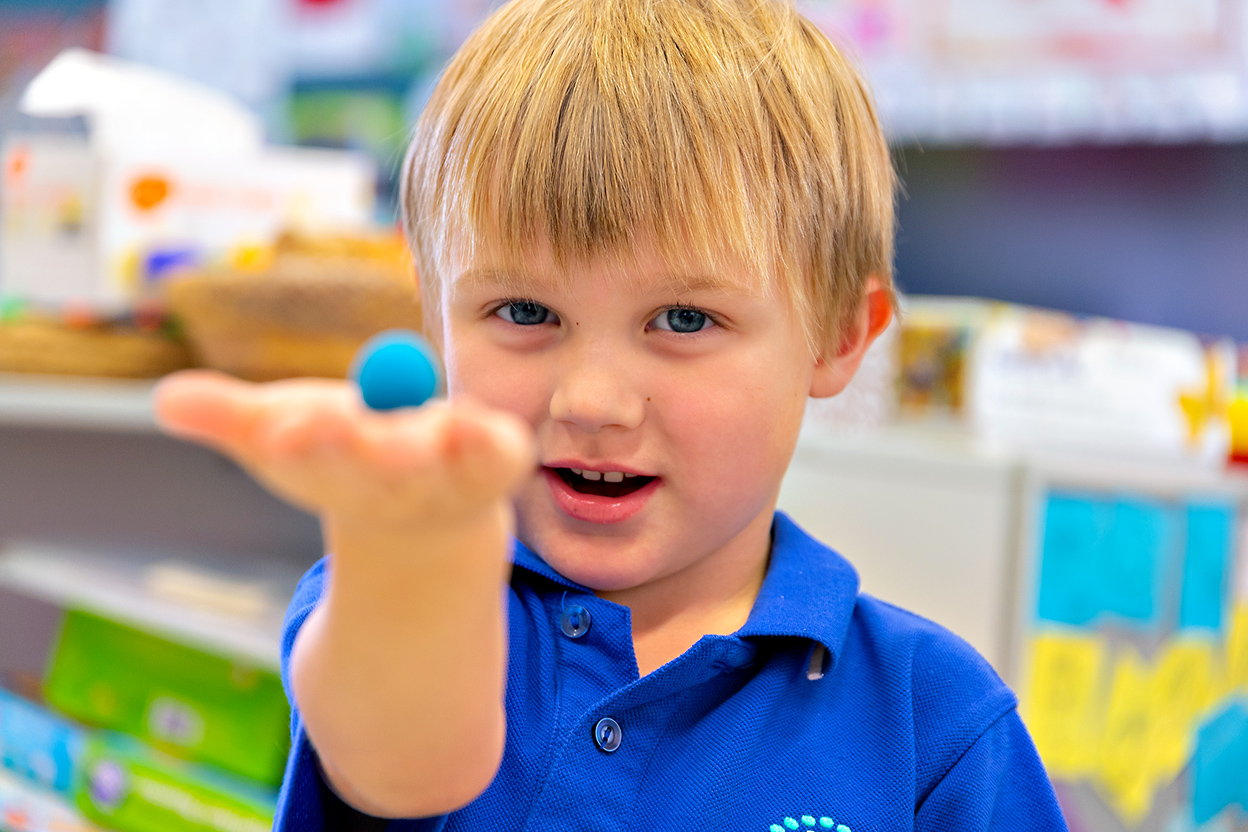Early Childhood Learning
- Early Childhood Philosophy
- Western Australian Curriculum
- Early Years Learning Framework
- Western Australian Kindergarten Curriculum
- 2024 Kindergarten Booklet
- Nature Benefits Brochure
Early Childhood Learning
In developing our curriculum for the early years, we are guided by the following beliefs and attitudes.
- Children learn through a balance of structured play, exploration and explicit teaching
- Children develop and learn at different rates and in different ways
- Learning is continuous and all areas of a child's development are interrelated
- Early experiences can have a profound impact upon learning and attitude for children in their later years of schooling
Please click on the link above to our Early Childhood Philosophy
Young children are connected to family, community, culture and place. Their learning takes place through these relationships. As children participate in everyday life, they develop interest and construct their own identities and understandings of the world.
Early Childhood Australia’s Play Statement booklet please click here
Early Learning Environments
Educators plan and establish positive, vibrant and challenging intellectual, social and emotional and physical environments that promote a sense of wonder, curiosity and imagination and support risk-taking within a safe and inclusive context. The learning environment has a sense of predictability and allows for flexibility to cater for children's different learning requirement
Relationships & Partnerships
Relationships are key to all educational endeavours. Partnerships involve children, families, communities, educators and other professionals working collaboratively to provide optimal learning opportunities for active engagement and participation. Educators purposefully engage partners in children's learning, by providing a variety of opportunities for others to contribute to children's learning.
Balanced Content
The quality of interactions and the thoughtful implementation of balanced content in experiences, assists children in attaining knowledge, skills, attitudes and dispositions that are a base for future learning.





